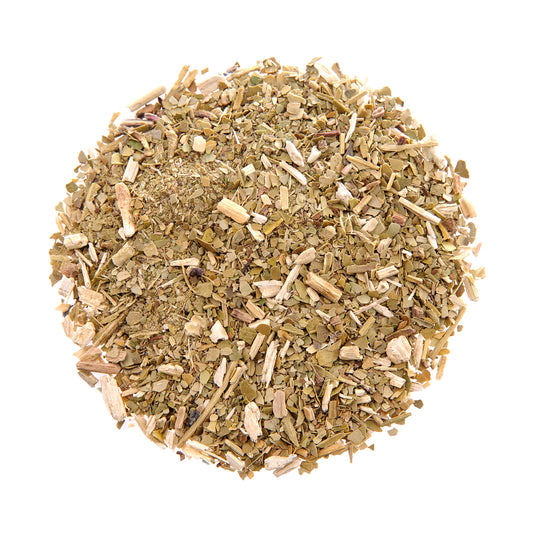Yerba Mate is high in vitamins and minerals. In 1964, the Pasteur Institute and the Paris Scientific Society became interested in this healthy vitamin source and conducted a detailed investigation into its qualities. "It is impossible to find a plant in any location of the world that is similar to mate in nutritional value," the researchers found, and yerba mate has virtually all of the vitamins needed to support life. Furthermore, findings from a study conducted by experts at the University of Madrid show that mate contains a high concentration of mineral elements, particularly K, Mg, and Mn. They thought the findings were quite important in terms of the nutritional benefits of mate infusions.
While yerba mate has been used as a base for herbal remedies in South America for millennia, a number of scientific investigations have lately confirmed the plant's therapeutic properties. Yerba mate contains chemical components that are similar to those found in green tea, but it is far more nutritious.
Each infusion of yerba mate contains:
Vitamins: A, C, E, B1, B2, Niacin (B3), B5, B Complex
Minerals: Calcium, Manganese, Iron, Selenium, Potassium, Magnesium, Phosphorus, Zinc.
Additional Compounds: Carotene, Fatty Acids, Chlorophyll, Flavanols, Polyphenols, Inositol, Trace Minerals, Antioxidants, Tannins, Pantothenic Acid and 15 Amino Acids.


